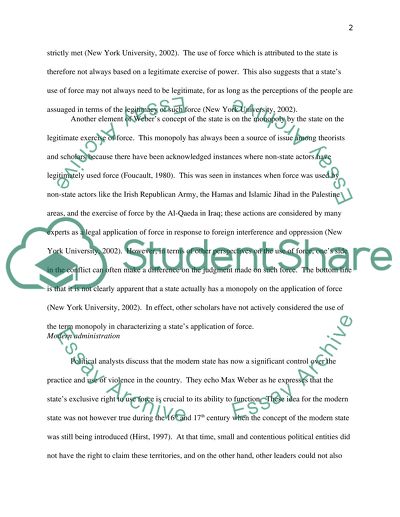Cite this document
(“Do Modern Forms of Administration and Discipline Undermine the Essay”, n.d.)
Retrieved from https://studentshare.org/history/1441166-do-modern-forms-of-administration-and-discipline
Retrieved from https://studentshare.org/history/1441166-do-modern-forms-of-administration-and-discipline
(Do Modern Forms of Administration and Discipline Undermine the Essay)
https://studentshare.org/history/1441166-do-modern-forms-of-administration-and-discipline.
https://studentshare.org/history/1441166-do-modern-forms-of-administration-and-discipline.
“Do Modern Forms of Administration and Discipline Undermine the Essay”, n.d. https://studentshare.org/history/1441166-do-modern-forms-of-administration-and-discipline.


